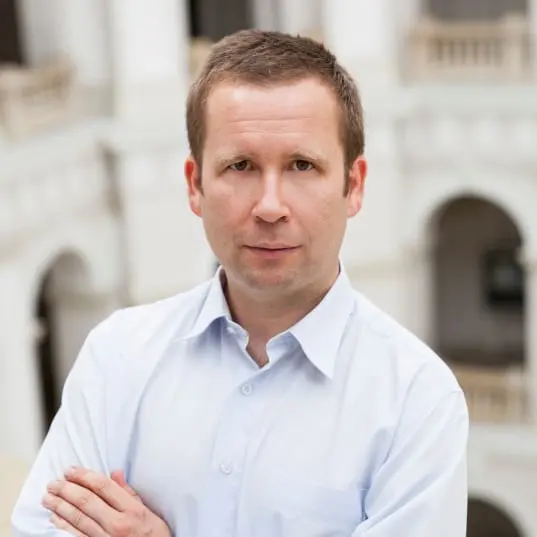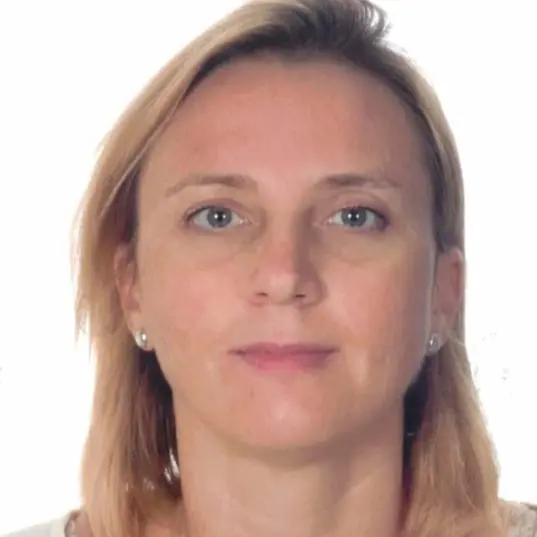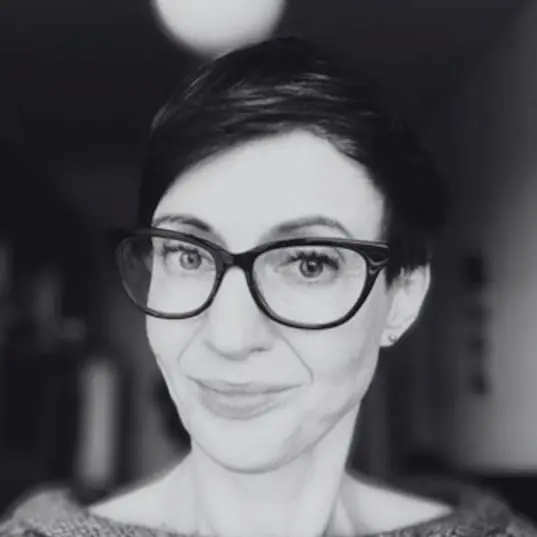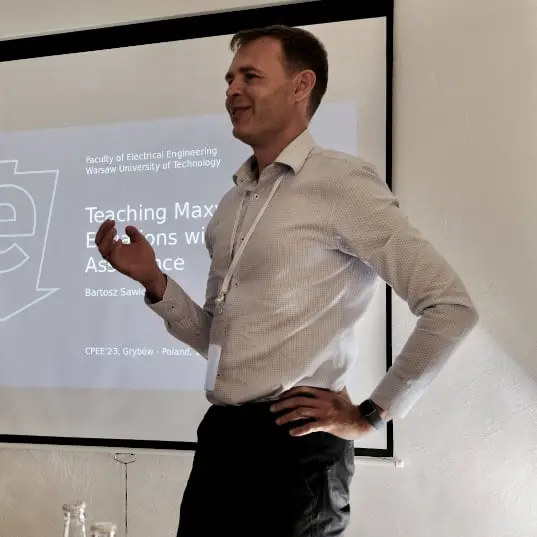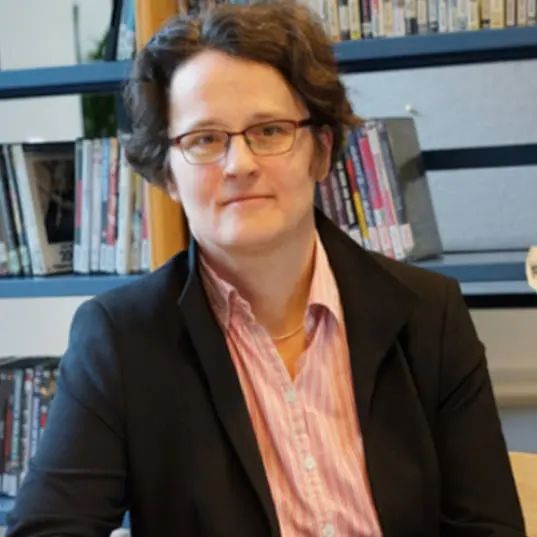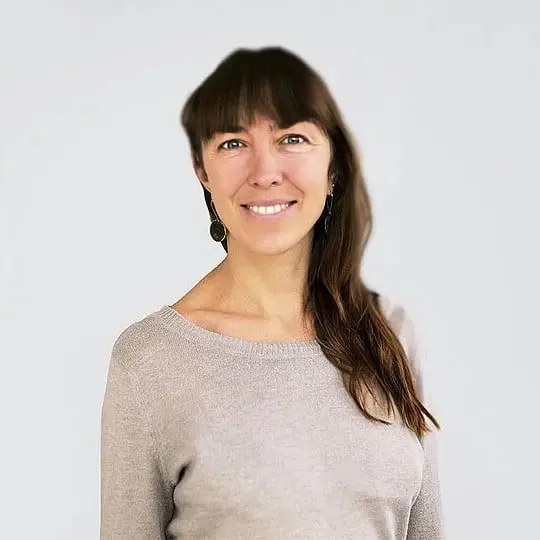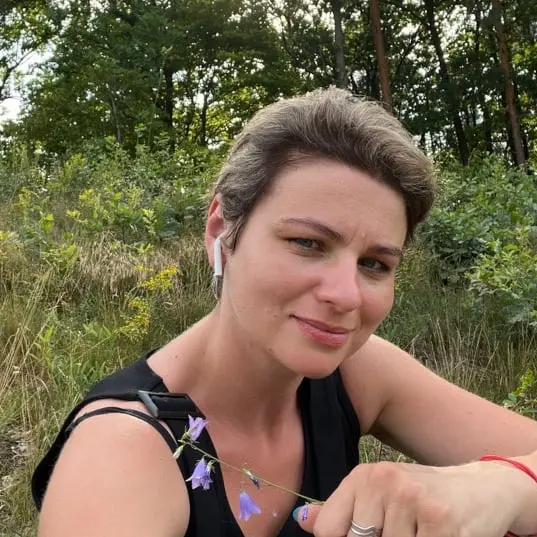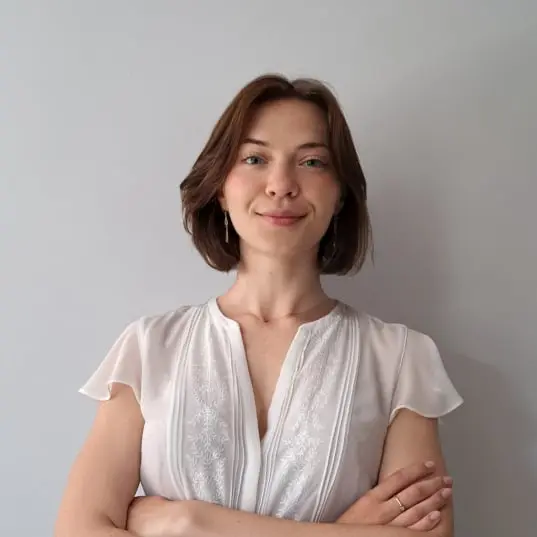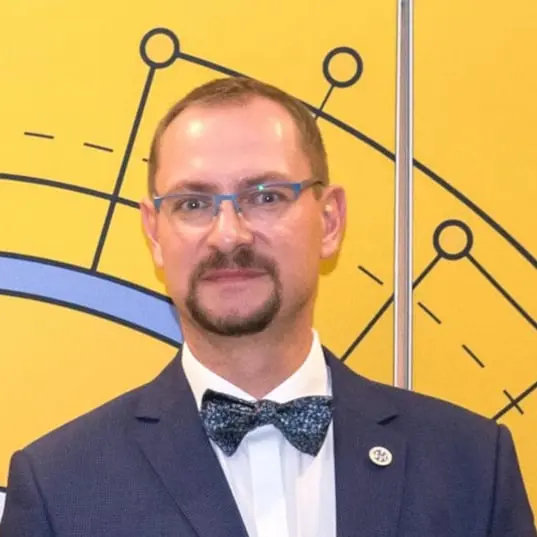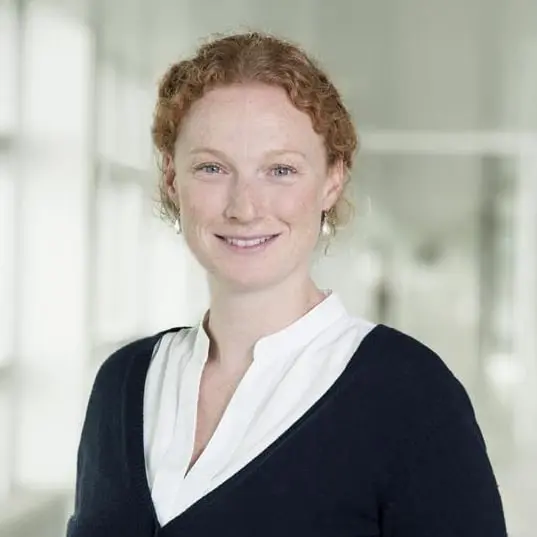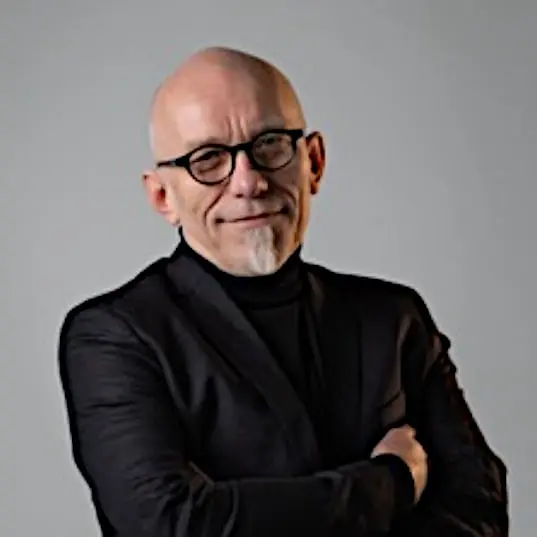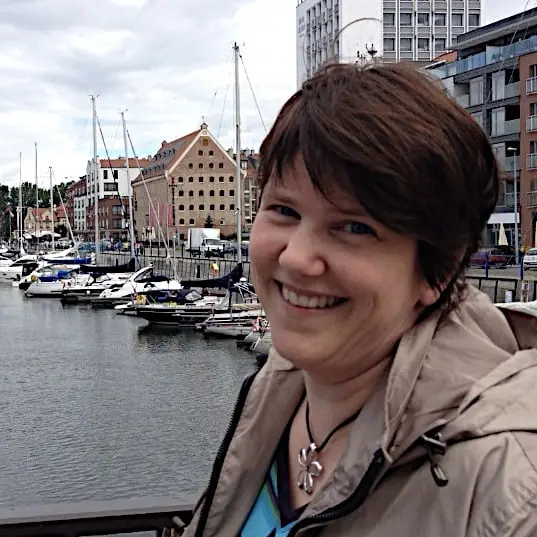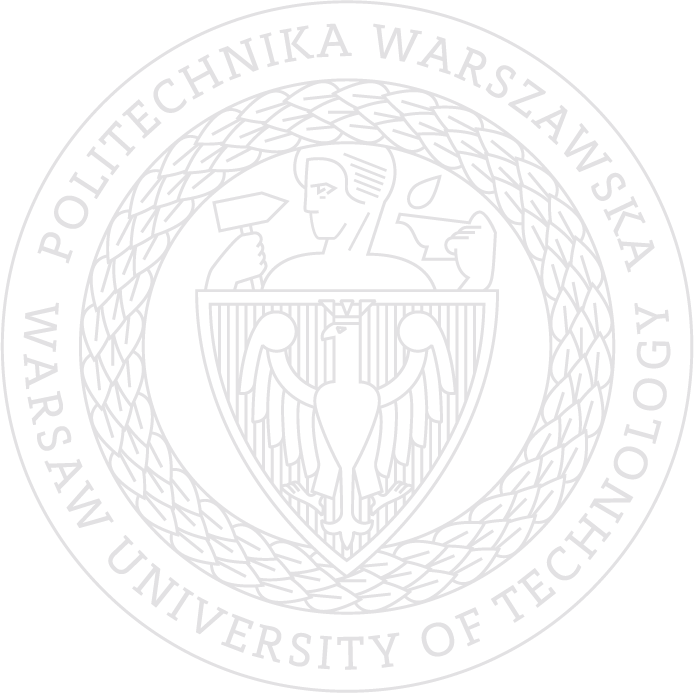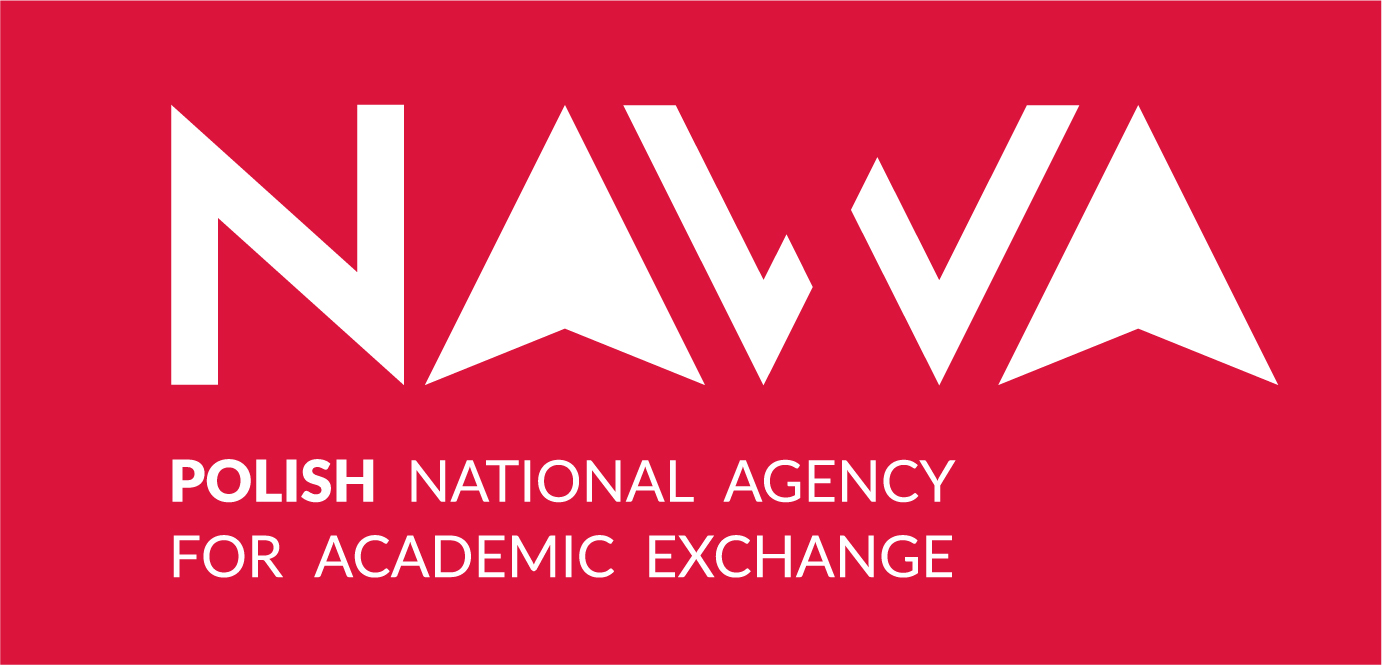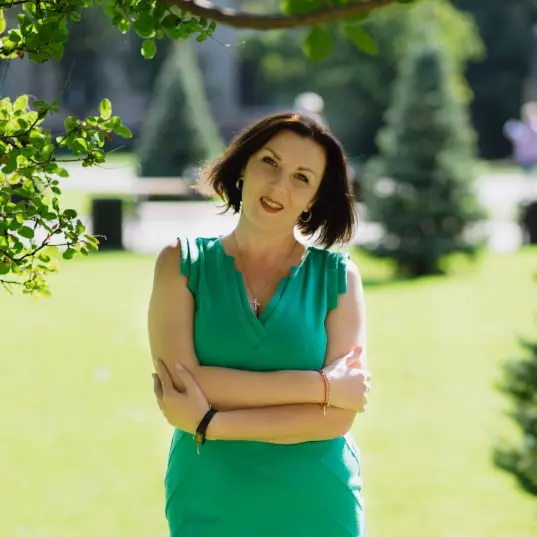
Olha Demydenko
Olha Demydenko, PhD, is an Associate Professor of the Department of Theory, Practice and Translation of English, Vice Dean for Studies and International Affairs of the Faculty of Linguistics, Head of Academic Mobility Office of the Department of Student Affairs at National Technical University of Ukraine "Igor Sikorsky Kyiv Polytechnic Institute".
Olha Demydenko graduated from the Faculty of Linguistics of the National Technical University of Ukraine, “Kyiv Polytechnic Institute,” in 2002. She graduated from the postgraduate programme and defended her PhD in pedagogics with the speciality "Theory and methodology of teaching" (Germanic languages), then became the Associate Professor of the Department of Theory, Practice and Translation of English. Since 2011 Olha Demydenko has held the position of the Vice Dean for Studies and International Affairs of the Faculty of Linguistics. In 2017 she was awarded the medal “Labour Glory”(2nd class) of the International Academy of rating technologies and sociology “Golden Fortune”.
Olha Demydenko is a professional translator and a consultant of the Translation Centre “Eridan-2002” and the World Data Centre for Geoinformatics and Sustainable Development. For over 15 years she has experienced technical translation and recently has started her career also in the field of literary translation.
